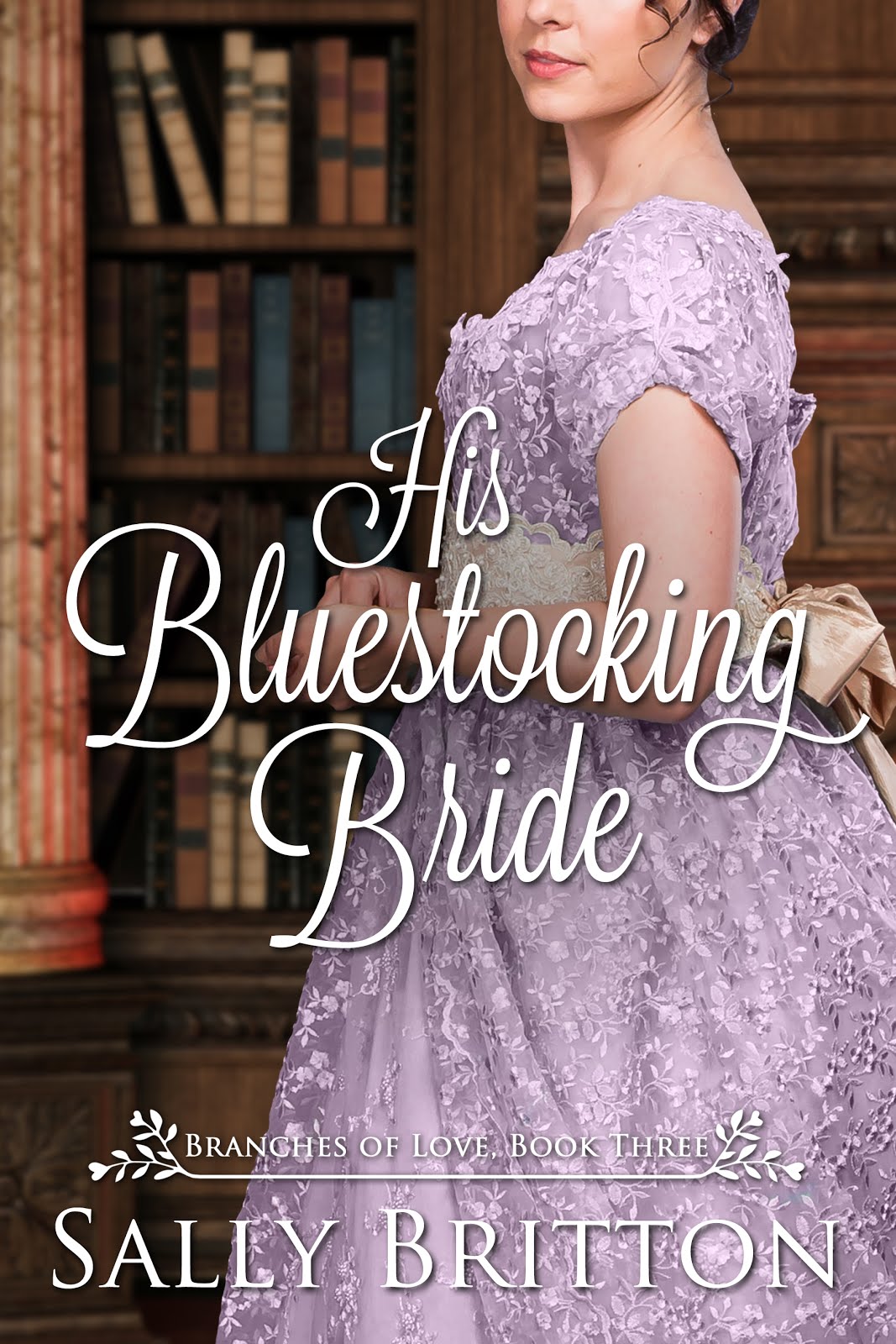Folk music, created by ordinary people and often shaped by events in their lives, was handed down from one generation to another. Many of the British folk songs I found were silly or bawdy. Some sung by sailors revealed their homesickness and hope for safe journey. However, a great number were sad or at least bittersweet, giving a glimpse into their sorrows and heartbreaks. Dozens of them are still sung today by families and by professional artists.
What are the origins of these wonderful tunes? By definition, folk music, also known as World Music, has no identifiable origin. Widely sung and widely known, this kind of music belongs to the people. It is meant to be sung, shared, and enjoyed freely. Many of these well-known folk songs date back at least to the time of the Anglo-Saxons in England.
Folk music is as different from court music as peasants differ from royalty. While court music required orchestral instruments and often the harpsichord, folk music could be played by instruments the common folk possessed including the lute, dulcimer, tabor (a type of drum), bagpipe, hurdy-gurdy (an early-day fiddle), and reed instruments such as the shawm and crumhorn. I suspect a great number of the folk simply sang the familiar tunes as they worked or when they gathered. Since most of the common folk could not read or write, they handed down their music orally and learned it aurally. For this reason, the tunes and even the words changed a bit depending on the locale that performs it.
Probably one of the most well-known folk songs of today is Danny Boy. The King's Singers have a beautiful recording of this piece:
As a child, I heard many of them sung by various groups such as Paul Simon and Art Garfunkle. They do a lovely version of Scarborough Fair. You can view the YouTube video with lyrics here:
You can also find a great number of British folk songs here and I suspect you will recognize a great number of them:
http://www.contemplator.com/england/
What are some of your favorite British folk songs we still sing today?







2 comments:
Well, yes. Most of us first heard Scarborough Fair sung by Simon and Garfunkel. :-) And that version was in the folk The Graduate.
I love folk music! It's the musical part of folklore.
Simon wrote the beautiful Canticle. He also edited the ballad to fit radio play time guidelines, leaving out half of it & re-gendering it. In earlier versions, He gives Her three impossible tasks, very gender-stereotyped: make a cambric shirt, wash it in a dry well, dry it on an impossible thorn. In return, She gives Him three impossible tasks: find an acre of land where none exists, sow it, reap it with tools that can't work. She concludes: When you've done and finished your work, then come to me for your cambric shirt!
Sarah Brightman has recorded the entire ballad.
Post a Comment